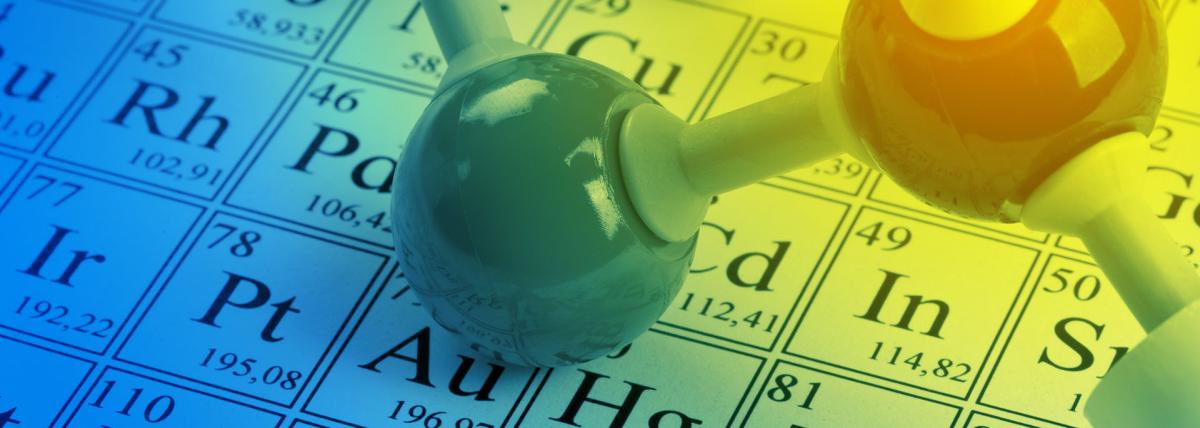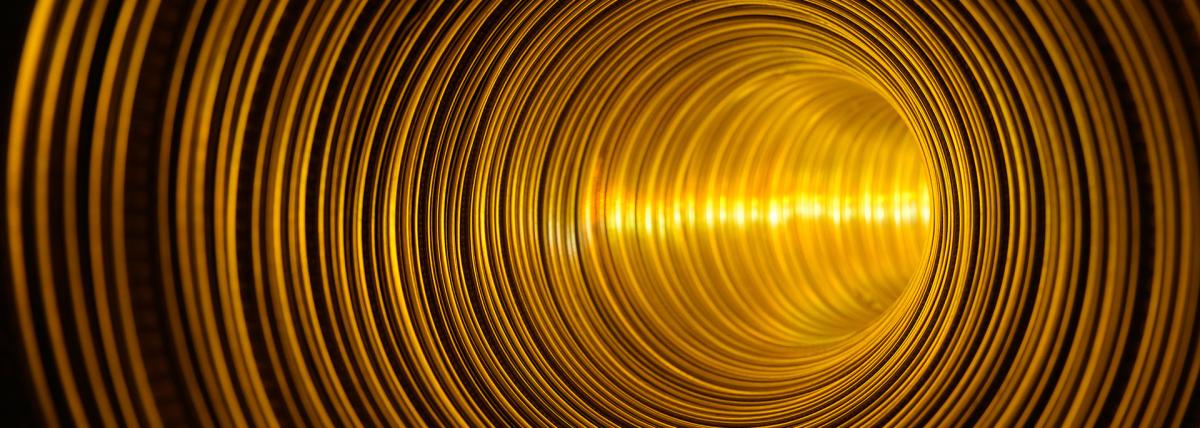
Students will observe and investigate the shapes of bubbles. They will then create their own wand in a different shape to see if bubbles are always round or if they can create a different shape.

Students will observe and investigate the shapes of bubbles. They will then create their own wand in a different shape to see if bubbles are always round or if they can create a different shape.

Students will set off and observe Wack-a-Pack. Then students will create their own version using Alka Seltzer tabs, water, balloons, and Ziploc bags. They will explore effects of pressure on

This lesson is a fantastic way to introduce physical and chemical properties. It includes hands-on stations activities. In this lesson, students will be able to really see the properties of matter at

Students who have been studying logarithms can apply them using a chemistry lab to discover the pH of acetic acid (white vinegar) and even compare this to other acids.

The students will be working and pretending that they work for an engineering company that is designing a bridge. The Department of Transportation wants to see a model of the bridge, so they will be



